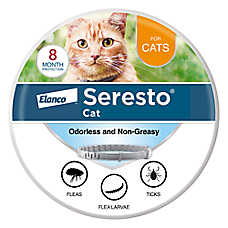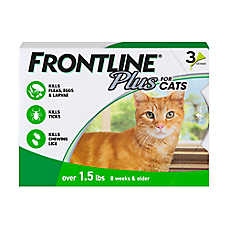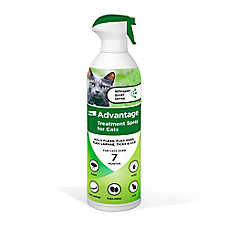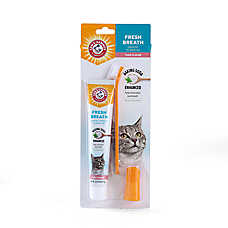How to Keep Your Cat Healthy

In this Article
1. Feed your cat a nutritious diet
- Nourish your cat with high-quality protein sources, found in most premium pet foods.
- Choose a food made for your cat’s life stage, whether kitten, adult or senior.
- Consult your vet if your cat shows signs of food sensitivity.
2. Spay or neuter your cat
- Spaying or neutering is a safe, routine surgical procedure that prevents unwanted kittens and reduces your pet’s risk of certain cancers.
- Cats should be spayed or neutered when they’re about four to six months old.
- Even indoor cats should be spayed or neutered.
3. Vaccinate your cat
- Vaccines protect your cat from a variety of illnesses, some of them deadly.
- The process should begin when your cat is a kitten — or as soon as possible after your cat joins your family — and include regular boosters.
- Ask your vet which shots are appropriate for your pet.
4. Protect your cat from parasites
- Fleas, worms and other parasites can cause illness, deplete nutrients and, in some cases, can be passed to humans.
- Commit to keeping your pet parasite-free with regular flea-and-tick and deworming treatments.
5. Schedule vet check-ups twice a year
- Cats age faster than humans. Two annual vet visits will help keep your cat well and identify health issues before they can become more serious.
- Contact your vet if your cat develops any health problems or unusual symptoms between check-ups.





